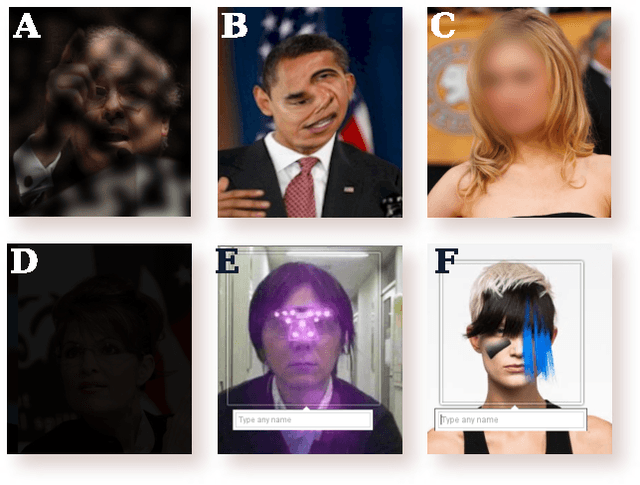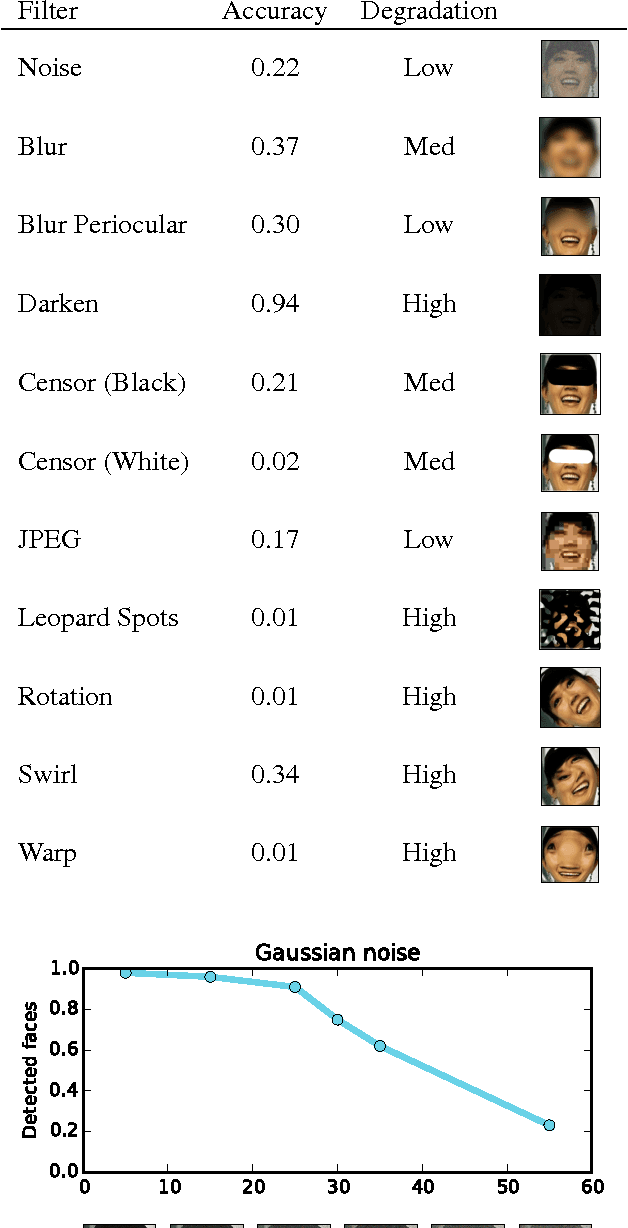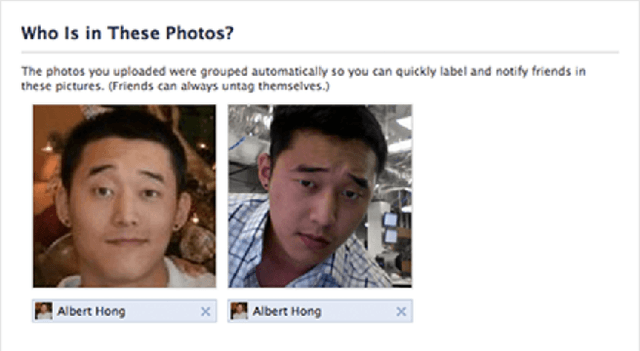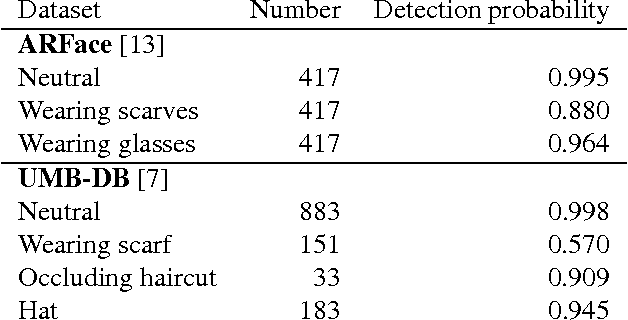Can we still avoid automatic face detection?
Paper and Code
Feb 14, 2016



After decades of study, automatic face detection and recognition systems are now accurate and widespread. Naturally, this means users who wish to avoid automatic recognition are becoming less able to do so. Where do we stand in this cat-and-mouse race? We currently live in a society where everyone carries a camera in their pocket. Many people willfully upload most or all of the pictures they take to social networks which invest heavily in automatic face recognition systems. In this setting, is it still possible for privacy-conscientious users to avoid automatic face detection and recognition? If so, how? Must evasion techniques be obvious to be effective, or are there still simple measures that users can use to protect themselves? In this work, we find ways to evade face detection on Facebook, a representative example of a popular social network that uses automatic face detection to enhance their service. We challenge widely-held beliefs about evading face detection: do our old techniques such as blurring the face region or wearing "privacy glasses" still work? We show that in general, state-of-the-art detectors can often find faces even if the subject wears occluding clothing or even if the uploader damages the photo to prevent faces from being detected.
 Add to Chrome
Add to Chrome Add to Firefox
Add to Firefox Add to Edge
Add to Edge